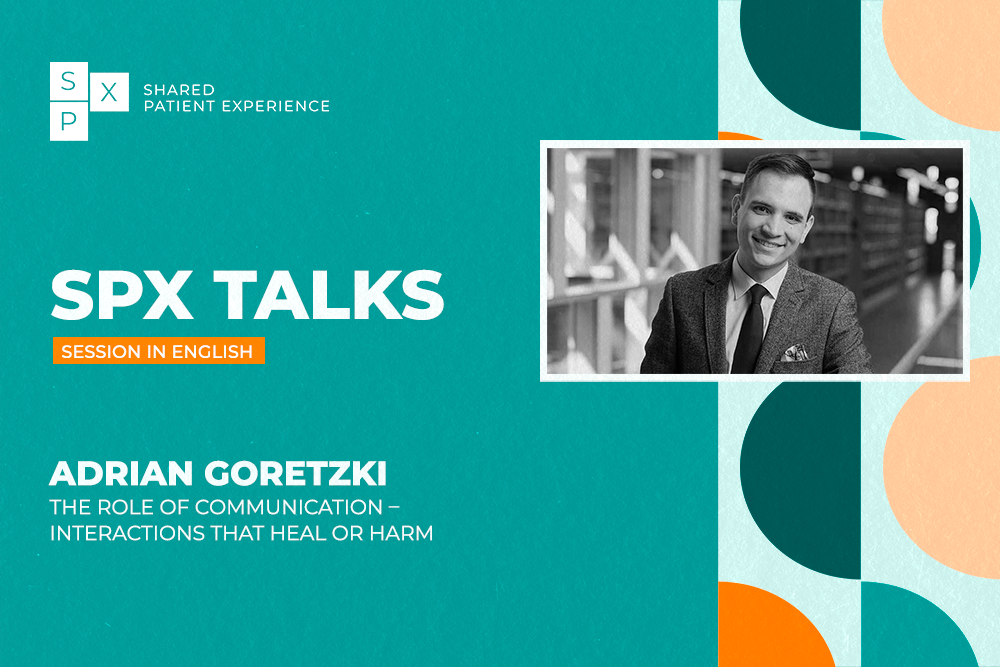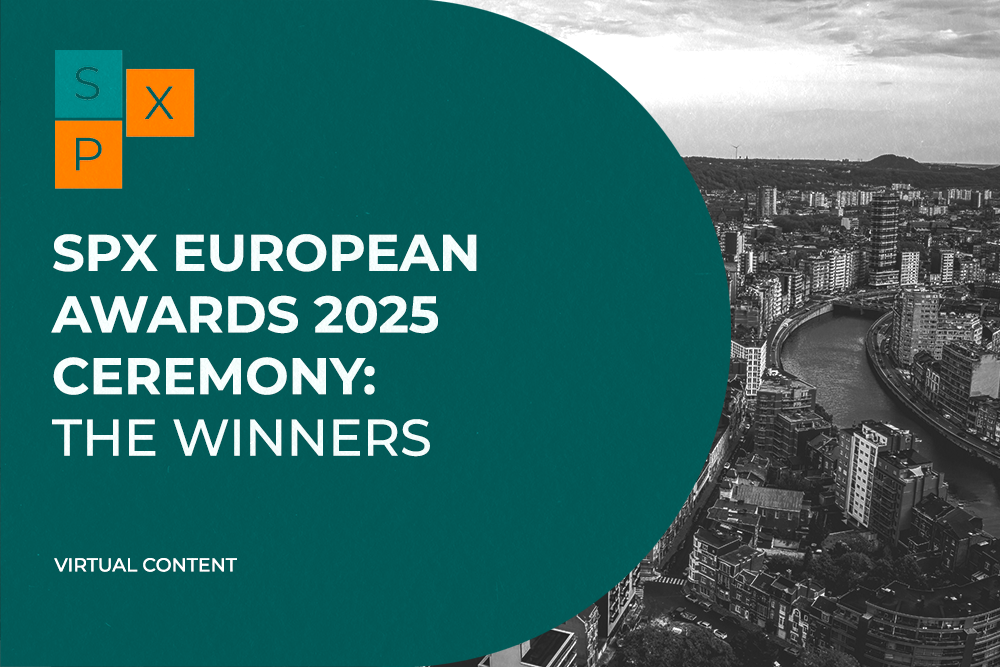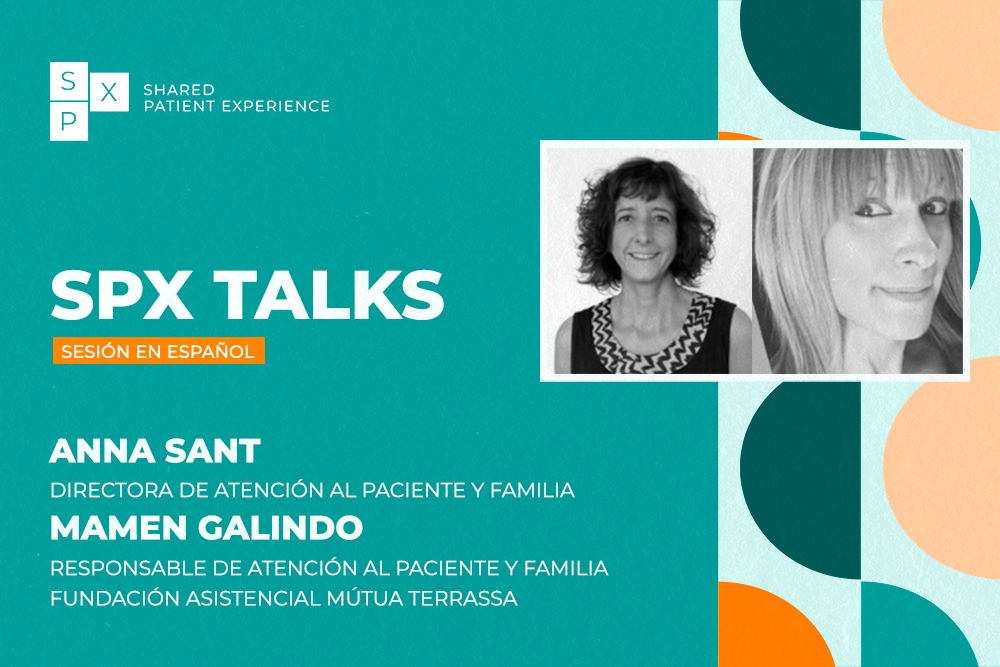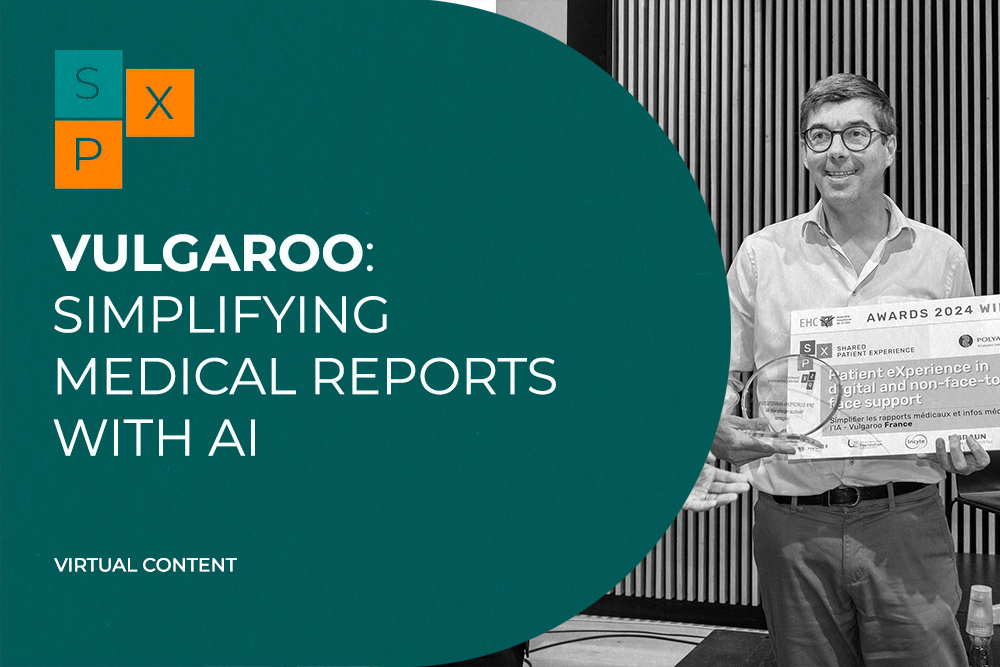
Vulgaroo: simplifying medical reports with AI to help patients better understand their results
Thanks to its technology designed to simplify medical reports using artificial intelligence, Vulgaroo is the winner of the ‘Patient Experience in Digital and Non-Face-to-Face Support’ category of the 4th SPX European Awards. To find out more about their initiative and how it is positively impacting patient experience, we asked a few questions to one of its co-founders: Victor Stanzel.
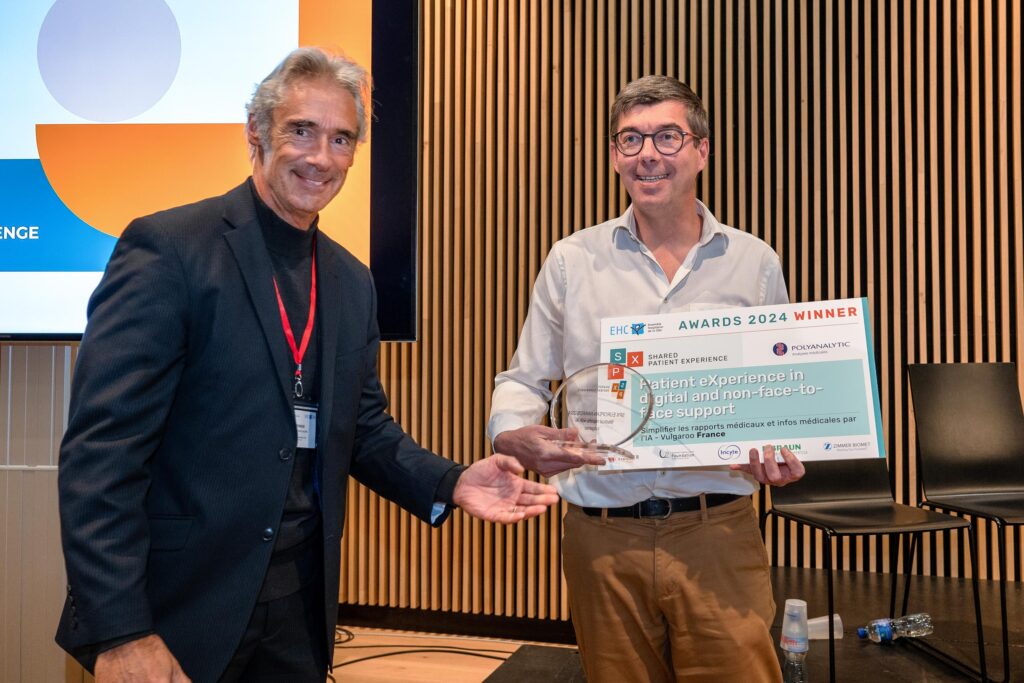
What led you to create a project focused on patient experience?
At least once in our lives, we’ve all found ourselves at a total loss when faced with an incomprehensible medical report. When this happens, we all have the same reflex: go to the search engines to try and decipher the medical jargon! Unfortunately, this often fails to address our concerns and, worse still, generates stress or misinformation. In discussions with patient associations and healthcare professionals, we were able to ascertain that understanding medical reports is a subject that is not currently being addressed. Yet a lack of medical understanding can have serious consequences for patients and the healthcare system: patients not taking their medication, loss of confidence in their doctor, impact on the patient’s health due to the stress generated, etc. The mission of our generative AI solution is to give patients back the levers they need to understand their state of health, by providing popularised and reliable medical information. The patient experience is at the heart of our approach.
What difficulties did you encounter in developing it and how did you overcome them?
Our project provides very clear added value for patients. But for the project to be economically viable in the long term, our solution also needs to bring benefits to the healthcare professionals who are the customers for our solution. At the start of the project, we had to adjust our business model and our value proposition to convince the first customers. This work took the form of a detailed market analysis and numerous discussions with healthcare professionals.
Finally, as with any start-up, the question of financing, and in particular fund-raising, is crucial to our development in a generally tighter economic climate. We have received a great deal of support from the Nouvelle Aquitaine region, BPI France and Europe via the Erasmus + programme, as part of our participation in the #ENDO programme. This enabled us to secure funding for our R&D to develop a POC and an MVP with our first customer.
How has Vulgaroo evolved since its creation?
Our adventure began at the end of 2022, just after we were selected as the winner of the Bordeaux Care Lab, a healthcare incubator based at Bordeaux University Hospital. We’ve come a long way since then. First of all, we’ve put together a solid, skilled team, with 2 co-founders, an advisory board and an R&D team comprising a senior developer and two data scientists. They all bring the skills needed to make the project a success.
We were then able to medically validate our solution as part of a POC (Proof of Concept) and MVP (Minimum Viable Product) conducted with a group of French anatomopathology laboratories. For several months, we worked with pathologists to review the quality of the medical reports simplified by our solution, generated from actual medical data supplied by the laboratories. The pathologists had to assess the quality of the simplified reports on the basis of predefined criteria.
At the same time, we signed several partnerships with patient associations (such as La Ligue Contre Le Cancer, ENDOFRANCE, Spondyloaction) to fully involve patients in the co-construction of our solution.
The first few months have also enabled us to fine-tune our product offering and our business model for healthcare professionals. In addition to our solution for popularising medical reports, we have developed a solution for translating reports into several languages. This offering is aimed at hospitals or examination centres with a non-English-speaking patient population, but which do not have a fast, secure translation solution.
Finally, in addition to the support we received, we were able to take part in a number of competitions. We won the Challenge pour la Qualité de Vie des Patients (organised by Debiopharm in partnership with La Solution.ch and Fondation Inartis) and the NAIA.R Challenge, aimed at innovative AI start-ups.
What impact has Vulgaroo had on the quality of services provided by the health centres and institutions that have adopted it?
Vulgaroo is developing two offers for examination centres and hospitals. The benefits noted by our first customers are, on the one hand, the increase in our customers’ income thanks to the invoicing of part of the CR to patients and, on the other hand, the increase in the number of procedures ordered by prescribing doctors thanks to the better service provided (time saving).
It also reduces the cost of managing incoming calls from worried patients.
Finally, our translation service replaces current solutions for translating medical reports, providing a secure solution that complies with regulations (vs. Google Translate, which is not authorised to process medical data), is faster (3 s vs. 3 days*) and less expensive (€1 vs. €10*).
*Translation agencies
What do patients think of Vulgaroo?
To improve our solution, we worked with an association (La Ligue Contre Le Cancer) and a group of patients on several workshops and a study.
The first study was carried out on pathological analysis reports with a group of 16 patients (of different sexes and ages) affected by colorectal cancer, breast cancer and ‘partner’ patients. The aim of the study was to assess the readability of the simplified medical texts produced by our department, as well as their value to patients as part of their medical care. The main finding of the study is that patients are keen to receive simplified reports: 100% of patients would like to receive them for all medical imaging and pathology examinations, and 95% after a biological examination, a medical consultation or discharge from hospital.
Other workshops were held with several patients from the Ligue Contre Le Cancer to validate their understanding of the texts generated by our solution. Their feedback was invaluable in adjusting our artificial intelligence model and improving the quality of the texts.
Have you seen any changes in behaviour as a result of using Vulgaroo?
During the test phases with groups of patients and healthcare professionals, we were able to observe that Vulgaroo rebalances the relationship between patient and healthcare professional, by providing the patient with the level of understanding necessary for a quality exchange with the doctor and nursing staff. By simplifying the medical report, patients can discuss the treatment options available to them and the decisions they might need to make. In this way, our solution helps to empower patients as outpatient hospitalisation increases. For the healthcare professional, Vulgaroo makes it easier to obtain ‘informed consent’ from the patient and increases compliance with the treatment plan. A patient who does not understand his or her state of health is a patient who tends not to take his or her treatment. Today, according to the WHO, 50% of patients suffering from chronic pathologies do not take their treatment. Lastly, Vulgaroo helps to reduce the anxiety and stress that patients feel after reading an incomprehensible report.
How do you think your win at the SPX European Awards will influence Vulgaroo in the months to come?
Firstly, this win validates the credibility and seriousness of our approach to patients. Thanks to its network of professionals and institutions, SPX will be able to put us in touch directly or indirectly (via partners) with patients, who are at the heart of our mission. Secondly, we are convinced that this prize will give us a high profile internationally. SPX’s support in terms of communication will be an important lever for our development and credibility.
What future do you see for Vulgaroo? How will it evolve?
In 2024, our solution will be launched on the anatomopathology market, covering the first pathologies. From 2025, we will be addressing new pathologies and new use cases in other markets such as biology and medical imaging. As we are convinced that our technology will benefit millions of patients around the world, international expansion will be at the heart of our development over the coming years. At the same time, we’re thinking about other B2B/B2C solutions.
Have you also been working on an initiative to significantly improve the patient experience? Don’t forget that you have until 15 December 2024 to submit your application for the SPX European Awards 2025!

To find out more about Vulgaroo’s initiative, watch their application video!

